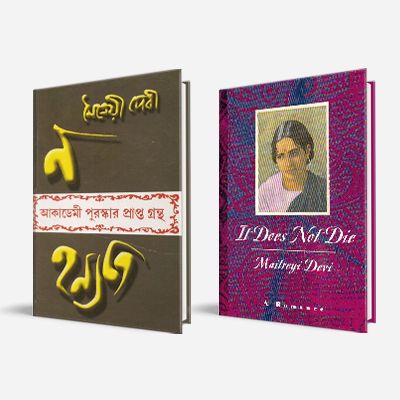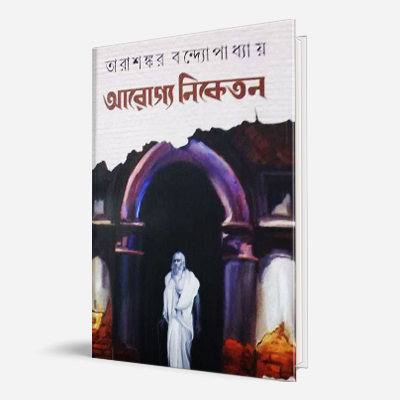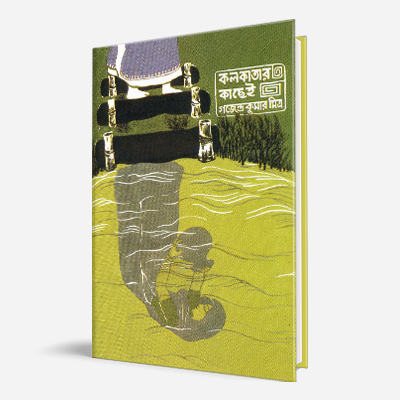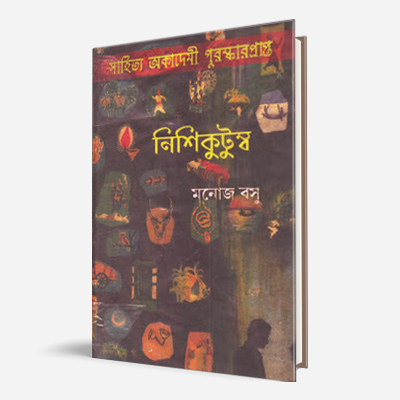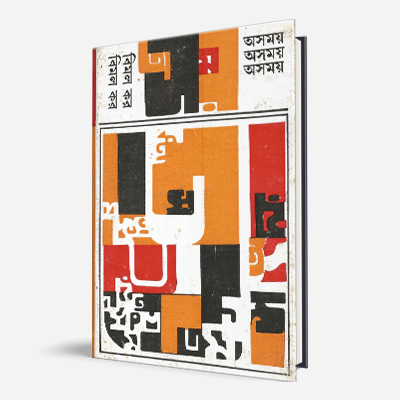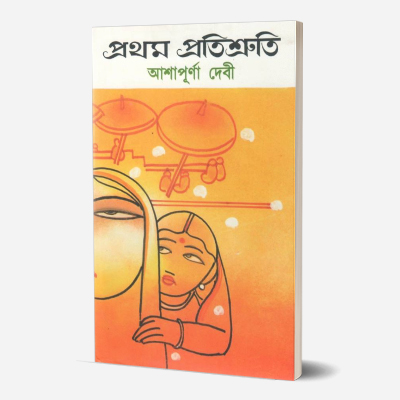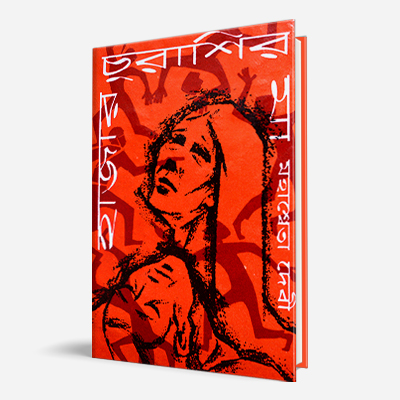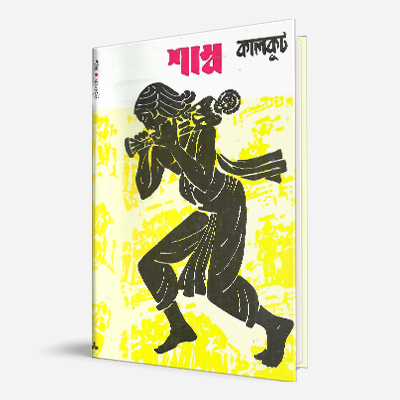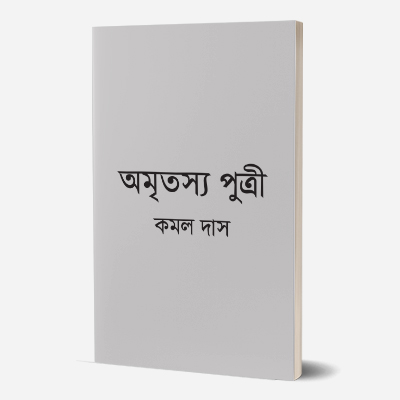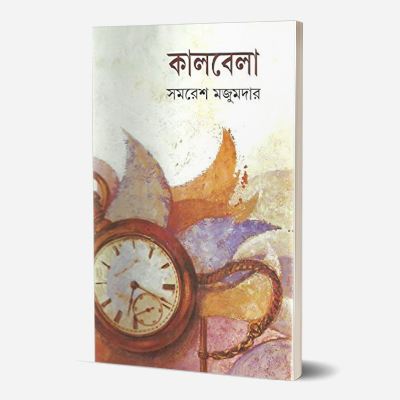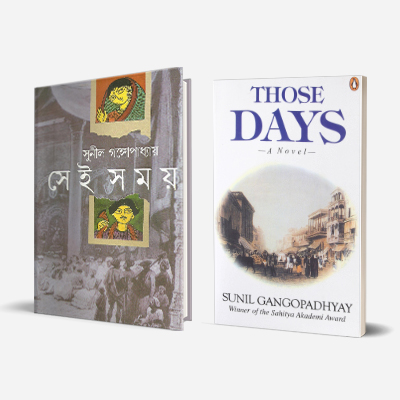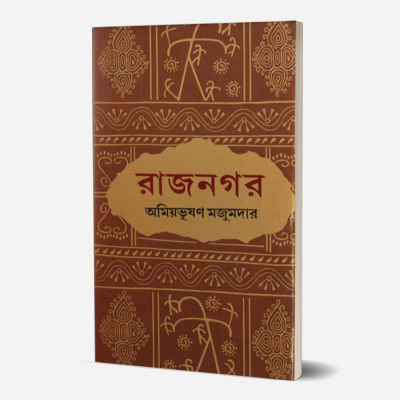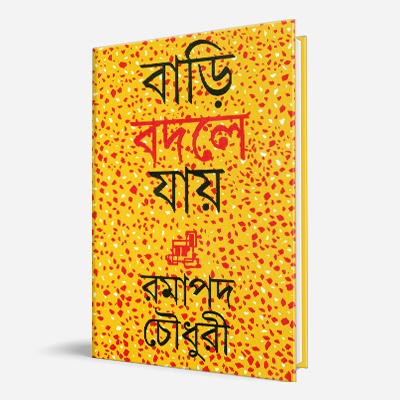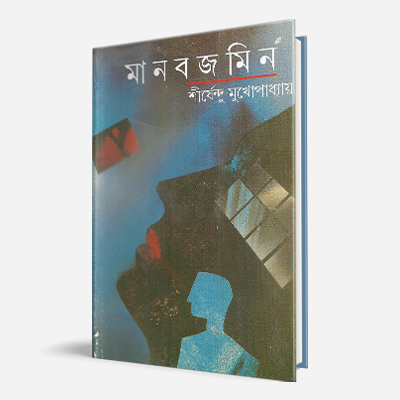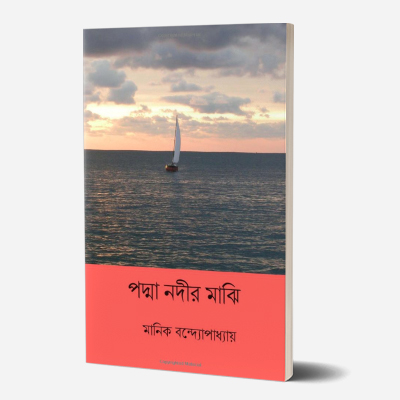Na Hanyate
By Maitreyi Devi
Translated into English as It does not die by University of Chicago Press (1995)
Originally published in 1974, Maitreyi Devi’s Sahitya Akademi-winning novel Na Hanyate was translated into English as It Does Not Die. The autobiographical novel was written in response to Romanian philosopher Mircea Eliade’s book La Nuit Bengali (titled Bengal Nights in English), which related a fictionalized account of their romance during Eliade’s visit to India. Against a rich backdrop of life in an elite, upper-caste Hindu household, Devi powerfully recreates the confusion of a precocious girl child and depicts a moving account of a thwarted first love fraught with cultural tensions, of false starts and enduring regrets with a contemplative depth. Today, both those novels, written forty years apart, are often read together as reflecting the emotional aftermath of their doomed romance from two ends of the spectrum. Devi’s novel consolidates its profound position as a powerful analysis of what happens when the collisions between innocence and experience, enchantment and disillusion, and cultural difference and colonial arrogance collide. Thus, despite nominally relating the same events, they present themselves differently in their viewpoints and storylines. What startled the readers and justifiably took the literary world by storm was Devi’s bold, unabashed portrayal of her love in a lucid and disarmingly impassioned manner which catapulted her to great fame and established her as a litterateur to be reckoned with. According to the author and academic Ginu Kamani, “I was riveted by the boundary-less form of her narrative, dipping in and out of poetic prose and historical reminiscence… I have never read such a book written by an Indian woman from India, and especially by one of her generation.” The book received the Sahitya Akademi Award in 1976.
About the Author
Maitreyi Devi (1914–1990) was a Bengali-born Indian poet and novelist. She was the daughter of philosopher Surendranath Dasgupta and protegée of poet Rabindranath Tagore. Her first book of verse Udarata appeared when she was sixteen, with a preface by Rabindranath Tagore. She had written prolifically on Rabindranath and her works include Mungpute Rabindranath (Tagore in Mungpu) which she had herself translated into English as Tagore by Fireside, Grihe o Vishwe (Tagore at Home & the World), Rabindranath—the man behind his poetry and Swarger Kachakachi (Close to Paradise). The last is an anthology of letters exchanged between Tagore, her father and herself. Apart from being a writer, she also set up an orphanage for needy children later in her life.
